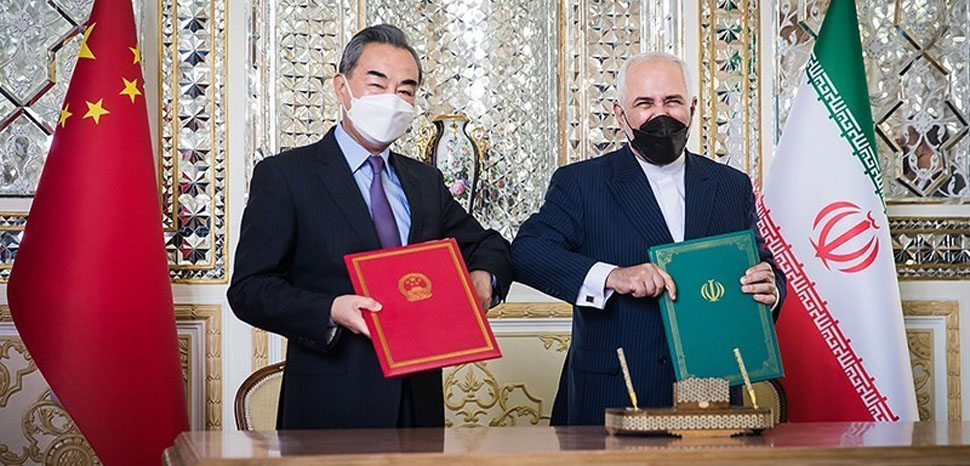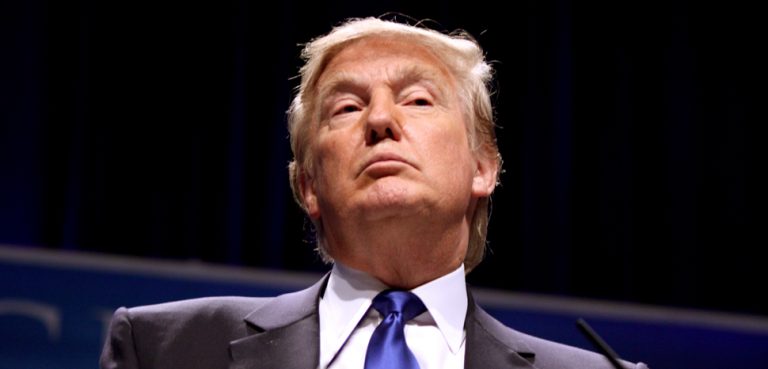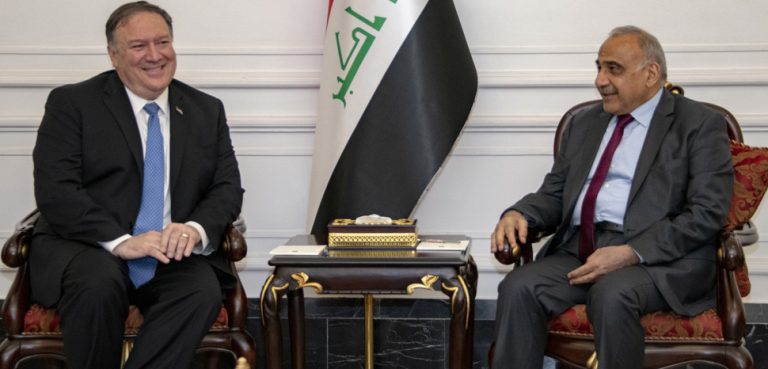China recently concluded an important agreement with Iran, extending for 25 years and covering various critical sectors. It is expected that this agreement will lead to important geopolitical transformations in the whole region; Iraq will not be isolated from the repercussions.
There has been a lack of any critical dialogue concerning that agreement. For example, media outlets do not focus on how some Iranian intellectuals oppose such an agreement. No one talked about the marches that went out – albeit in a limited way – in some Iranian cities to denounce the text and assert that “Iran is not for sale.” The Iraqi public knows nothing about it.
Immediately following the news, many voices rose in the Iraqi media calling on politicians to activate the agreement Iraq allegedly signed with China during the era of the former prime minister, Adel Abdul Mahdi. Some commentators promoted the idea that the Iranian-Chinese agreement was primarily inspired by Abdul Mahdihi’s thoughts in the first place. Others went so far as to say that the Chinese government asked Abdul Mahdi to be an advisor for its affairs in the Middle East. This is the narrative that many received; it turned propaganda in the media and social networking sites, and cheated public opinion.
The strange thing is that the current prime minister, Mustafa Al-Kadhimi, then moved to initiate this proposed agreement with China. I am afraid that he was trying to identify with the reactions that appeared in the media. I am also afraid he gave a negative impression about his haste in formulating such strategic positions without taking into account how the other great powers will view this step. In return, many local media outlets are attacking him and classifying him as an ally and possibly even an agent of the United States of America.
So far, there has been no logical answer in the government and cognitive circles as to the nature of the expected reactions from the US administration. Nevertheless, there is now an urgent need to monitor and follow what is coming from important authorities and personalities in the United States of America towards these major changes. Lately, many opinions and articles have warned of the Biden administration’s reaction to China’s expansion across Iranian geography and into a region that the United States classifies as crucial to its interests and influence.
Such personalities are expected to look at the new strategic weight that Iran could begin to take on as China potentially lends its support to Iran’s presence in the region. Consequently, this will run contrary to Washington’s ambitions. Many indicators assure that there would be an increase in the Chinese-Iranian presence in the Iraqi economy.
It is also anticipated that China will exploit this economic penetration in its favor. It can contribute to the production of internal settlements in Iraq, and perhaps also work to the encouragement of Iraqi-Arab compromises. This will allow China to compete with the American diplomatic model that has worked hard to persuade the Arab region to accept post-2003 Iraq.
This will also be interpreted as an attempt to produce an important axis that extends from Beijing to Tehran-Damascus via Baghdad. It is an influential strategic pact that will work to squeeze the allies of the United States of America, specifically in the Arab Gulf region. There are fears that China might be able to enter into the underlying geopolitical interactions in this region. This may enable it to produce stable military bases that, for the first time in contemporary history, will allow it to have an official presence in one of the most important countries of this coalition: Iran.
There is now a widespread belief in the American circles that there are certain Shia parties in Baghdad working to push for identification with the China-Iran agreement. What this implicitly means, one way or another, is that these parties seek to produce an alliance with China at the expense of losing any possible relationship with the USA. This in itself is considered a major shift in the Shia-US relations, which are suffering a major deterioration.
In light of the great enthusiasm in the Iraqi media to discuss the China-Iran agreement and its possible impact on Iraqi, there is a kind of neglect of other important issues that may sabotage this project, including polarization within Iraq itself. Unlike many Shia politicians, a large number of Sunni and Kurdish figures are still clearly and overtly willing to continue the partnership with the American side in various fields. This will lead to clashes over whether Iraq should indulge the idea of the China-Iran agreement. These polarizations risk having a profound effect on the fragile geopolitics of this country.
Also, there is another important viewpoint rising from the Shia geography in Iraq, one that criticizes the practices of some government parties, describing their attempts to break cooperation with the US side as a geopolitical sin. This viewpoint affirms that the unfavorable results of such a step cannot be easily discounted, and that China will not be a real buffer that can be depended on when zero-game competition between Beijing and Washington erupt over Iraq. This voice sees the reactivation of the terms of the relationship with the American side as a way of serving the interests of Iraq. This, as many predict, will be a better alternative to the process of joining this agreement.
Anyone who followed Biden’s speech during his inauguration as president of the United States of America is well aware that his speech was clearly and explicitly referring to China and Russia as his country’s most important opponents on the world stage. The Americans assume that any penetration by those powers into important arenas of US interest will be considered a challenge. This shows how Iraqi policymakers must be wise and cautious in making their decisions. They must think carefully about the lessons of history before committing any errors whose consequences would be difficult to address in the long run.
As Iraqis, we must mention that there is a great illusion that some sides are now trying to market to the public opinion, one that portrays China as Iraq’s savior. Some parties forget that China never took any real steps to pressure Saddam Hussein’s regime to amend its internal policies, especially towards the Shia. They also deny that, if China had been to choose, it would not have hesitated to keep the Ba’ath regime in power so long as that brutal system afforded Chinese companies a space in the field of oil investments.
The views expressed in this article are those of the authors alone and do not necessarily reflect those of Geopoliticalmonitor.com.




